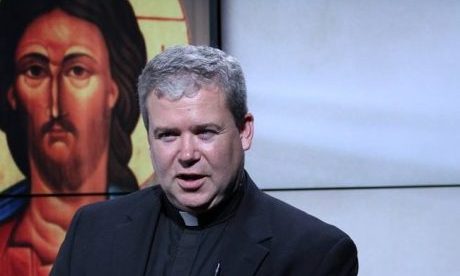Lent is a good time to examine our consciences regarding greed in all its forms: In faith, love, forgiveness, time, abilities, and finances.
Greed can distort reality, manipulate truth, coerce sinful actions, and compromise virtue and a desire to follow the ways of God.
This weekend, the Lenten journey continues but lightens up with “Rejoice Sunday,” often called by its Latin name Laetare Sunday. The observance gives Christian believers a reminder of the glory of the Easter celebration that awaits them at the end of Lent.
Rejoice Sunday is a consolation, but also a call to perseverance through the soul-searching and self-accusation of the Lenten season.
It’s a summons to keep our focus on the ways of God and to keep pride, vanity, and greed at bay.
These three ‘bad spirits’ were identified by St. Ignatius of Loyola in his monumental seventeenth century work The Spiritual Exercises. In the Exercises, which have drastically shaped the spiritual worldview of Pope Francis, believers are called to a sober examination of their consciences.
Among the dark spirits, they are to search for greed. Where has greed distorted reality, manipulated truth, coerced sinful actions, or compromised virtue and a desire to follow the ways of God?
As we desire the joys of Easter, we have to explore and dig out greed. Greed can pertain to our faith, love, forgiveness, time, abilities, and our finances.
While each area needs to be examined, we must especially assess our finances since they reveal so much about us. If we want to know what we love, we just have to look at what we spend our money on.
And so, the review begins. Where do we spend our money and why? In our spending, do we tithe to our faith community, to the poor, and to others in need? Does our spending seem to revolve only around us, our interests, and our well-being? Continue reading
- Father Jeffrey F Kirby is a Catholic priest of the Diocese of Charleston, South Carolina.
